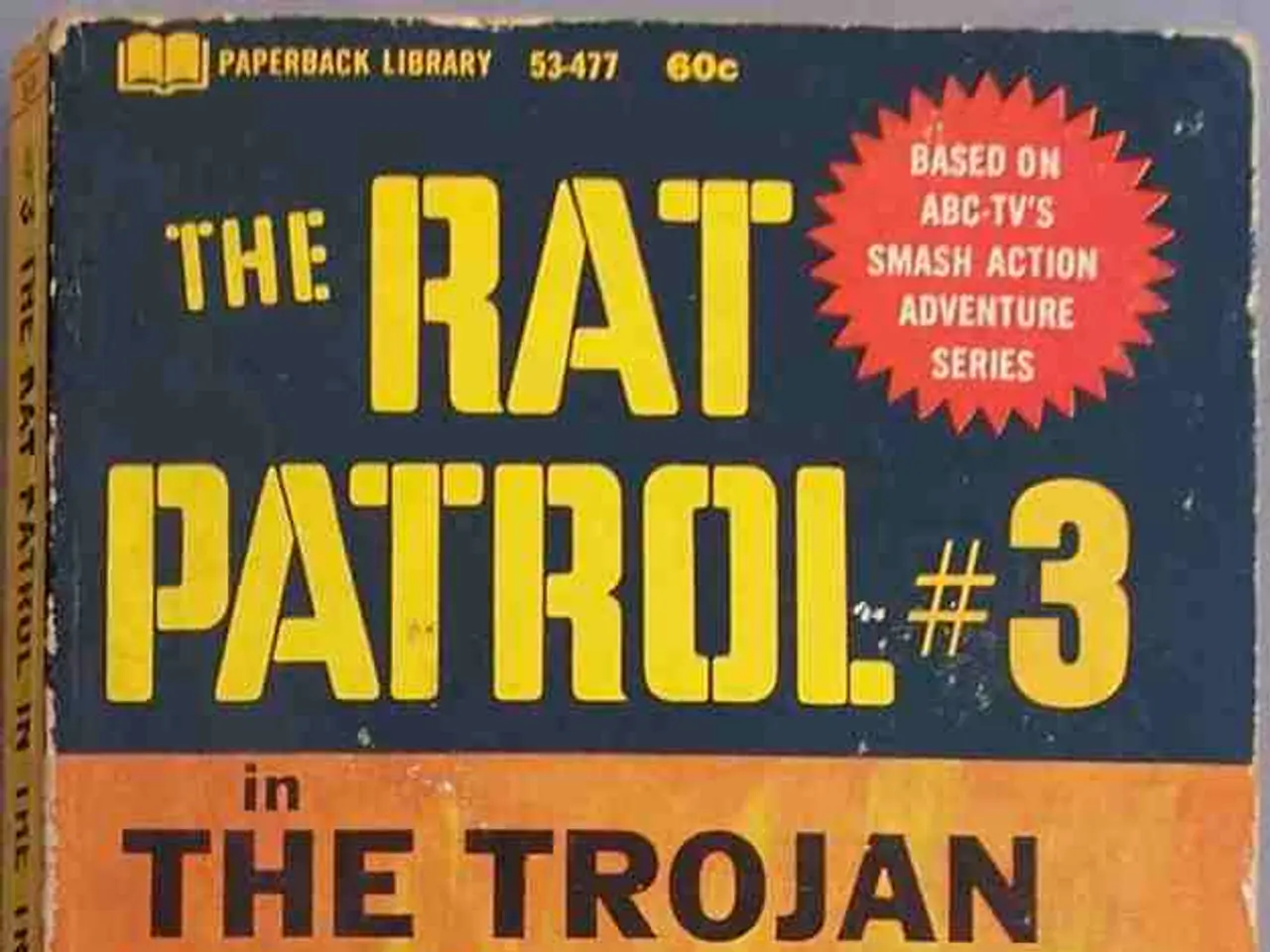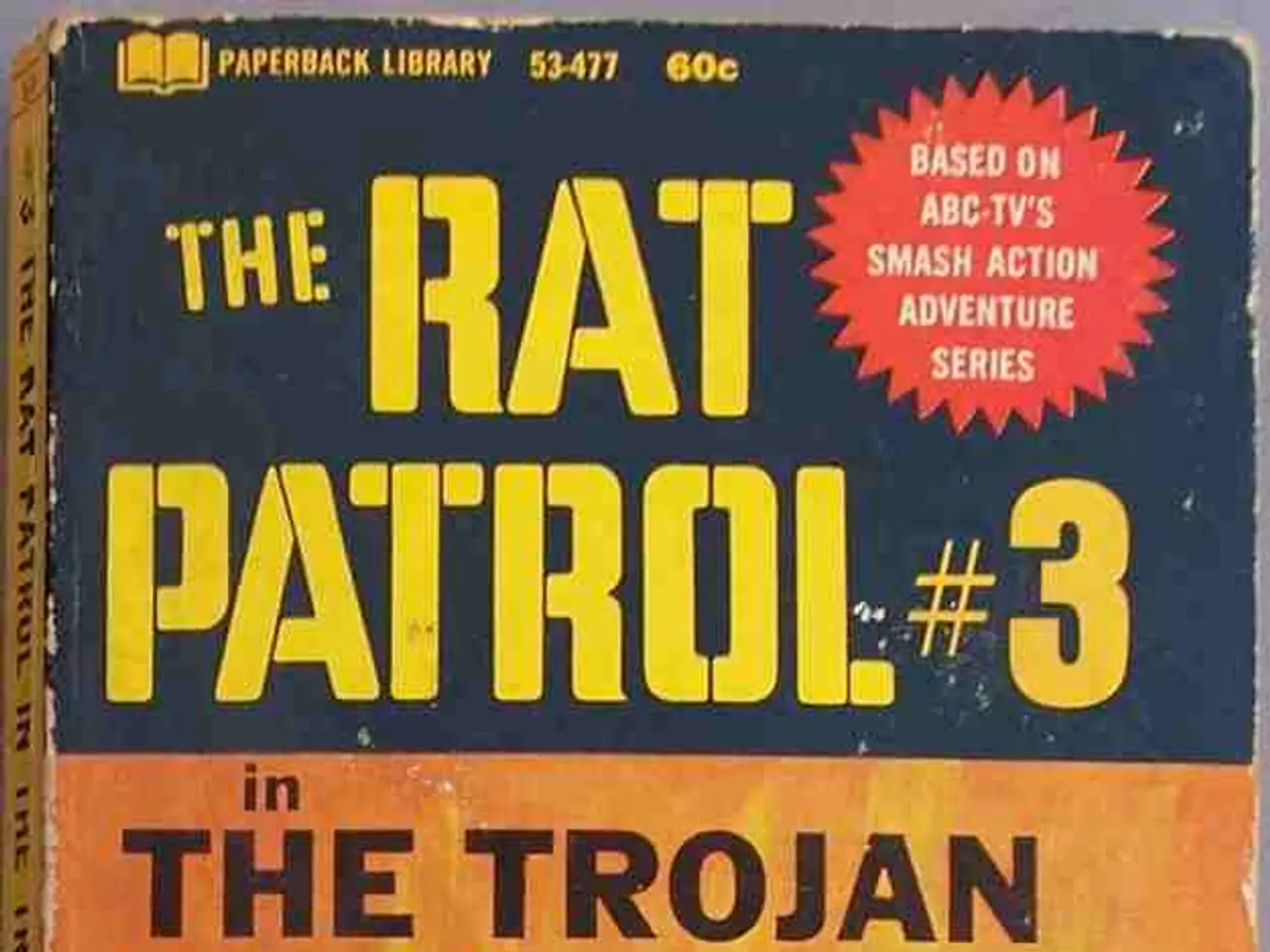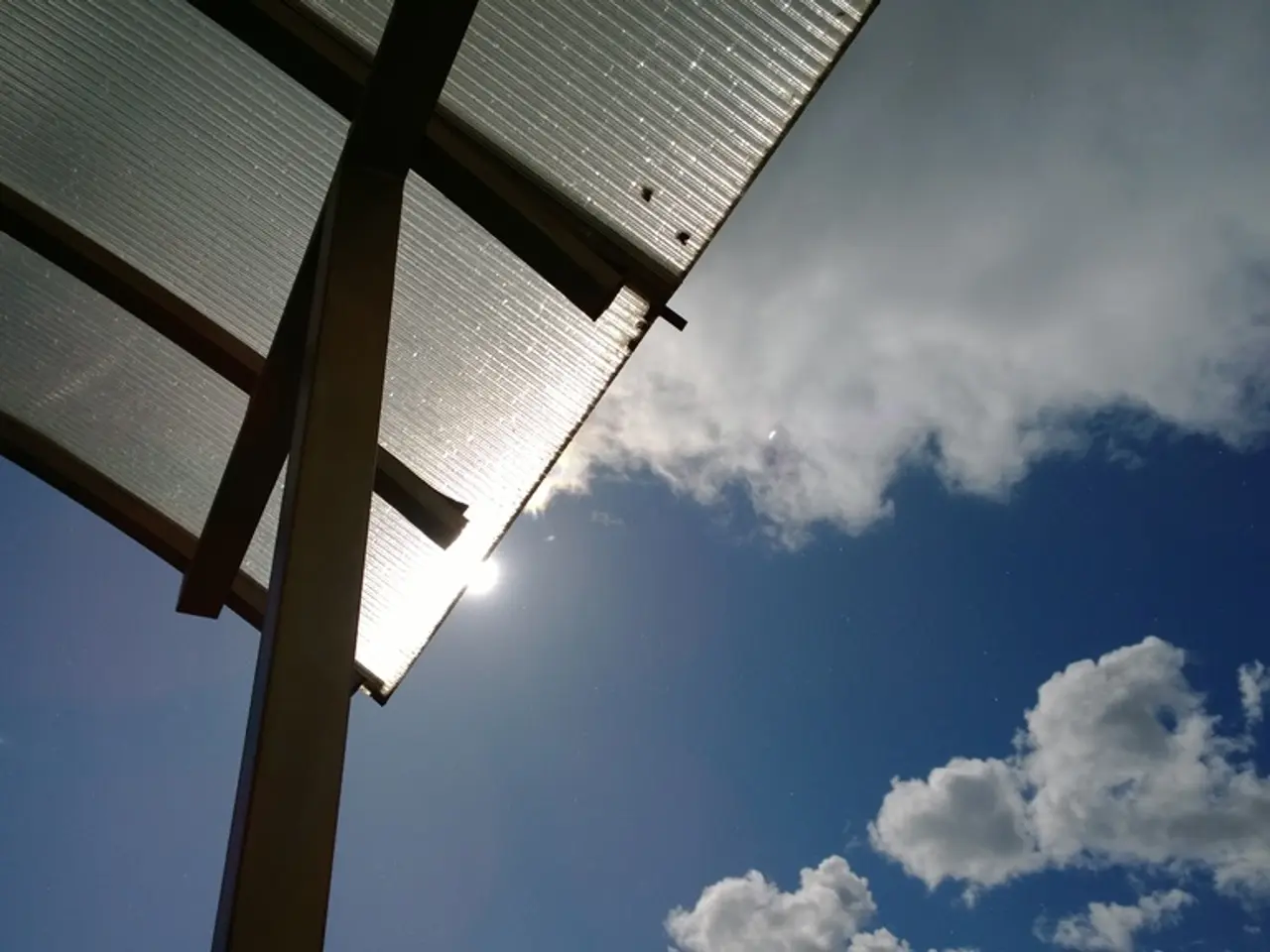Shaping and Marketing the "Trump Doctrine" on Foreign Policy by JD Vance
In a significant shift from his earlier skepticism, Vice President JD Vance has become a vocal supporter of military action against Iran's nuclear program. This transformation in Vance's stance reflects both his evolving views and the administration's rationale behind recent strikes.
Five years ago, as a venture capitalist and author, Vance expressed concerns about the potential escalation of conflict with Iran and the diversion of attention from growing Chinese military might and economic power. However, his position has since evolved significantly.
In January 2020, President Donald Trump ordered a military strike that killed Iranian general Qasem Soleimani. Vance, who is now Vice President, expressed support for this action, asserting that it brought peace and checked the Iranians.
Vance's speech at the Munich Security Conference was viewed in diplomatic circles as performative, but his comments in private channels served as a wake-up call to US allies about his true views on the world. He has been a key diplomat and top surrogate selling Trump's foreign policy, including lobbying for Trump's tax and spending cuts package and casting the tie-breaking vote for the measure in the Senate.
Vance has always viewed his job, particularly as it relates to foreign policy, as assisting the president with honest advice. He has been a pivotal figure at the table among White House officials, working behind the scenes to quell allies concerned about the potential of a deeper conflict in the Middle East.
Vance has long warned that the US must take military action if needed to prevent Iran from obtaining a nuclear weapon. His support of Trump's military strikes is reflective of the threat, not any change in ideology or worldview. Vance has emphasised that the US is "at war with Iran’s nuclear program, not Iran" itself, advocating for a targeted approach aimed specifically at halting Iran's nuclear weapons development rather than broader conflict with the country.
Trump's decision to strike Iran represented a move away from Vance's isolationist-leaning wing of the party, according to veteran Republican foreign policy hawks like Sen. Mitch McConnell. Vance wrote a lengthy post urging skeptics to give Trump the benefit of the doubt regarding military strikes in Iran, arguing he's "earned some trust on this issue."
Despite the criticism, Vance remains steadfast in his belief that the US must be willing to go very far to prevent Iran from obtaining a nuclear weapon. He has stressed that America's interest is not to go to war with Iran, as it would be a huge distraction of resources and massively expensive. Instead, Vance advocates for measured, focused military actions aimed at delaying Iran's weaponization rather than full-scale intervention against the country itself.
This evolution in Vance's stance underscores the complexities and challenges of navigating foreign policy, particularly in the volatile Middle East region. As the US continues to grapple with Iran's nuclear ambitions, Vance's role as a key advisor to the president will undoubtedly remain central to shaping the administration's approach to this critical issue.
Policies and legislations regarding Iran's nuclear program have become a pressing concern for Vice President JD Vance, as evidenced by his support for military action against it. His stance has shifted significantly from his views five years ago, during which he expressed concerns about war-and-conflicts with Iran and the potential diversion of attention from general-news like China's military might and economic power.








